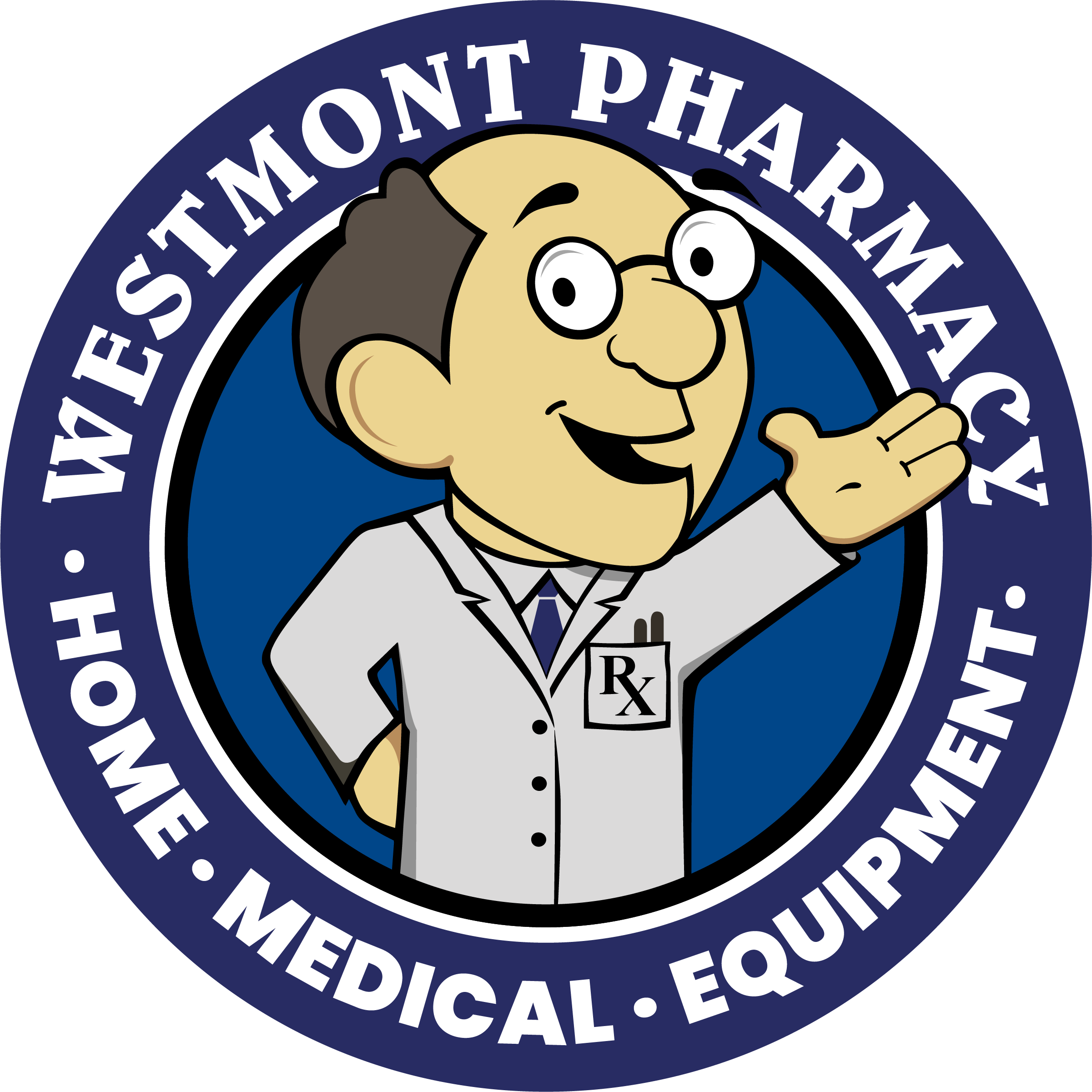Compound Prescriptions: Tailored Medications Just for You

What is a compound prescription at a pharmacy? At its core, a compound prescription refers to a customized medication created by a licensed pharmacist to meet specific needs that mass-produced drugs cannot satisfy. Here’s a quick breakdown of what you need to know:
- Customized Formulation: Custom to individual patient needs rather than one-size-fits-all.
- Varied Delivery Forms: Available in unique forms like flavored liquids, transdermal gels, or creams.
- Allergy Friendly: Excludes unwanted ingredients like dyes or lactose for sensitive individuals.
- Strength and Dosage Flexibility: Adjusts dosage levels not available commercially.
In today’s fast-moving world, healthcare must adapt to meet the individual needs of patients. Compounding offers a personalized approach by crafting medications custom specifically for each person or even pets. Whether it’s adjusting medication strength, removing allergens, or creating a more palatable form, compounding ensures that patients receive the right medication for them.
I am Sazan Sylejmani, an experienced pharmacy manager with a strong background in patient counseling and personalized healthcare solutions, including an extensive understanding of what is a compound prescription at a pharmacy. In the next sections, we’ll explore how compounding can improve your healthcare experience.
What is a compound prescription at a pharmacy word guide:
– how prescribers can write compounded prescriptions
– prescription compounding
What is a Compound Prescription at a Pharmacy?
A compound prescription is a medication crafted specifically for you, using a blend of active ingredients custom to your unique needs. It’s the opposite of a one-size-fits-all approach.
Customized Medications
Imagine if your medication could be made just for you. That’s what compounding does. It allows pharmacists to create a drug that matches your exact requirements. This is especially helpful if you’re allergic to certain ingredients or need a different dosage than what’s available commercially.
Active Ingredients
In a compound prescription, the active ingredients are chosen and mixed based on your doctor’s prescription. This means the medication can be adjusted to include only what benefits you, leaving out anything unnecessary or harmful.
Prescription Compounding
Prescription compounding involves a pharmacist using their expertise to mix and prepare your medication. This process can involve creating:
- Flavored liquids for those who have trouble swallowing pills, like children or pets.
- Transdermal gels that deliver medication through the skin.
- Suppositories for patients who need an alternative to oral medication.

Compounding ensures that you have access to medications that are not only effective but also safe and pleasant to use. It’s about making sure that the medication fits you, not the other way around.
Next, we’ll dive into the benefits of compound prescriptions and how they can make a difference in your healthcare journey.
Benefits of Compound Prescriptions
When it comes to medication, one size doesn’t fit all. That’s where compound prescriptions come in, offering customized dosing, allergy-friendly formulations, and unique dosage forms. Let’s explore these benefits further.
Customized Dosing
Imagine needing a medication that isn’t available in the exact strength your doctor recommends. With compounded prescriptions, pharmacists can tailor the dose specifically for you. This is especially useful for patients with unique medical needs, such as those requiring precise hormone levels for hormone replacement therapy.
Case Study: A patient with chronic pain found relief only at a specific dosage of a medication. Commercially available options weren’t suitable, but a compounding pharmacy adjusted the medication to the exact strength needed, providing effective pain management.
Allergy-Friendly Formulations
Many people have allergies or sensitivities to common ingredients found in mass-produced medications. Compounding allows for the removal of these allergens, such as dyes or gluten, ensuring the medication is safe for those with specific sensitivities.
Fact: Compounding pharmacies can create medications without allergens, making them suitable for patients who can’t tolerate standard formulations. This customization can significantly improve a patient’s quality of life.
Unique Dosage Forms
Some patients struggle with traditional medication forms. Compounded prescriptions can be made into various forms that suit the patient better:
- Flavored Liquids: Perfect for children or pets who refuse to swallow pills.
- Transdermal Gels: Ideal for those who prefer not to take oral medication.
- Suppositories: Useful for patients who cannot ingest medication orally.
Quote: “Compounding pharmacists work with doctors, veterinarians, and their patients to determine the best-tolerated forms and strengths for their medications.”
By opting for a compound prescription, you’re choosing a medication that is crafted just for you, focusing on your unique needs and preferences. This personalized approach can lead to better health outcomes and a more comfortable treatment experience.
In the next section, we’ll explore how compounding works and the expertise involved in crafting these custom medications.
How Compounding Works
Creating a compound prescription at a pharmacy is a bit like crafting a custom recipe. It involves mixing ingredients, leveraging pharmacist expertise, and customizing dosages to meet individual patient needs.
Mixing Ingredients
At the heart of compounding is the careful mixing of ingredients. Pharmacists start with the active ingredients required for the medication and combine them in specific ways to create a unique formulation. This process is meticulous and requires precise measurements to ensure the medication is both safe and effective.
Fact: In 2012, the average cost for an ingredient in a compounded drug was $308.49, reflecting the specialized nature of these medications.
Pharmacist Expertise
Compounding requires a high level of expertise. Pharmacists are trained in pharmacy school to perform basic compounding, and many pursue advanced training to specialize in this area. They use their skills to ensure that each compounded medication is prepared accurately and meets the patient’s specific needs.
Quote: “Pharmacists learn how to make their own versions of medicines in pharmacy school. Many states test how well they can compound before they get their license.”
Dosage Customization
One of the biggest advantages of compounding is dosage customization. Whether it’s adjusting the strength for an elderly patient or creating a flavored liquid for a child, compounding pharmacists can tailor medications to fit the exact requirements prescribed by a healthcare provider.
Case Study: An elderly patient who had difficulty swallowing large pills benefited from a compounded prescription that transformed the medication into a deliciously flavored liquid, making it easier to take.
This personalized approach not only improves the effectiveness of the treatment but also improves the patient’s overall experience. By focusing on individual needs, compounded medications can lead to better health outcomes and greater patient satisfaction.
Next, we’ll address some frequently asked questions about compound prescriptions to clear up any lingering doubts or concerns.
Frequently Asked Questions about Compound Prescriptions
What is the difference between a compound and regular prescription?
A compound prescription is a customized medication created specifically for an individual patient. Unlike regular prescriptions, which involve mass-produced drugs from pharmaceutical manufacturers, compound prescriptions are custom to meet unique patient needs. Compounding pharmacies mix active ingredients in precise amounts to create a personalized formulation.
Example: A compounding pharmacy might create a flavored liquid medication for a child who cannot swallow pills, or adjust the strength of a medication for someone with specific dosage requirements.
Why might a patient need a compounded medication?
There are several reasons why a patient might need a compounded medication:
-
Allergies or Sensitivities: Some patients are allergic to dyes, preservatives, or fillers found in standard medications. Compounding allows pharmacists to remove these allergens.
-
Drug Shortages: When a medication is in short supply, compounding pharmacies can create alternatives to ensure patients still receive their treatments.
-
Unique Patient Requirements: Certain patients, like those needing hormone replacement therapy or managing chronic pain, might require specific combinations of medications not available commercially.
Case Study: During a shortage of GLP-1 medications like Mounjaro and Zepbound, compounding pharmacies stepped in to help patients access the treatments they needed.
Are compounded drugs FDA-approved?
Compounded drugs are not FDA-approved in the same way as commercially manufactured drugs. This means the FDA does not verify their safety, effectiveness, or quality before they are marketed. However, this doesn’t mean they are unregulated.
-
Quality Standards: Compounding pharmacies must adhere to stringent quality standards set by state Boards of Pharmacy and the United States Pharmacopeial Convention.
-
Safety and Effectiveness: Pharmacists use their expertise to ensure compounded medications are safe and effective for individual patients. Outsourcing facilities that compound drugs must follow current Good Manufacturing Practices (CGMP).
Fact: The FDA works closely with state pharmacy boards to maintain high safety standards, even though its regulatory power over compounding pharmacies is not as strict as for pharmaceutical companies.
Next, we’ll explore the conclusion and how Westmont Pharmacy can be your trusted healthcare partner for personalized care.
Conclusion
At Westmont Pharmacy, we pride ourselves on being a trusted healthcare provider, offering personalized care through our specialized compounding services. Our mission is to meet the unique needs of each patient, ensuring they receive the most effective and custom medication possible.
Why Choose Westmont Pharmacy?
-
Expertise in Compounding: With decades of experience, our pharmacists are skilled in creating compound prescriptions that cater to individual needs, whether it’s adjusting dosages or removing allergens.
-
Personalized Attention: We take the time to understand each patient’s specific requirements, providing solutions that standard pharmacies simply can’t offer.
-
Commitment to Quality: Our adherence to stringent quality and safety standards ensures that every compounded medication is both safe and effective.
Whether you need a custom medication for allergies, require a unique dosage form, or are dealing with drug shortages, Westmont Pharmacy is here to help. We invite you to learn more about our compounding services and how we can assist you on your healthcare journey.
Visit our Pharmacy Services page to explore how we can support your health needs with the utmost care and expertise.

